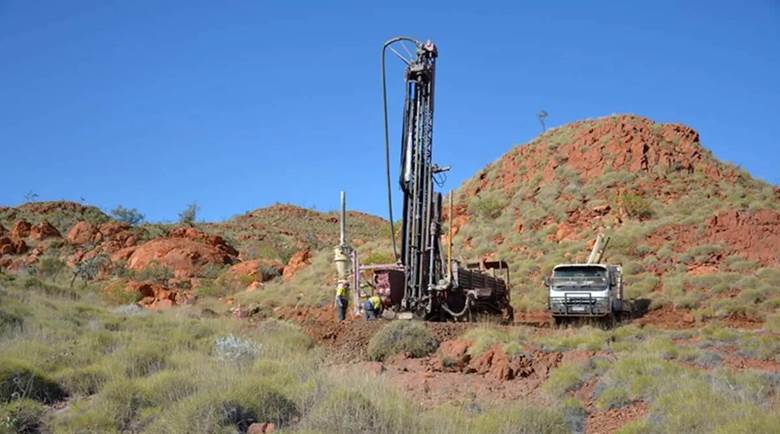Description

Copyright infringement is not intended
Context: There is growing concern in the Government over India not finding a place in the Minerals Security Partnership, an ambitious new US-led partnership to secure supply chains of critical minerals, aimed at reducing dependency on China.

Details:
- This assumes significance given that one of the key elements of India’s growth strategy is powered by an ambitious shift in the mobility space through the conversion of a large part of public and private transport to electric vehicles.
- This, alongside a concerted electronics manufacturing push, underlines the need to secure the supply of critical minerals.
- Besides the US, the MSPincludes Australia, Canada, Finland, France, Germany, Japan, the Republic of Korea, Sweden, United Kingdom, and the European Commission.
- The new grouping could focus on the supply chains of minerals such as Cobalt, Nickel, Lithium and also the 17 “rare earth” minerals.
- While Cobalt, Nickel and Lithium are required for batteries used in electric vehicles, rare earth minerals are critical, in trace amounts, in semiconductors and high-end electronics manufacturing.
- This new alliance is seen as being primarily focused on evolving an alternative to China, which has created processing infrastructure in rare earth minerals and has acquired mines in Africa for elements such as cobalt.
- India’s exclusion from the MSP comes when there is renewed cooperation with Washington DC on multiple other fronts, including the ‘Quad’ informal grouping that brings together the US, Japan, Australia and India.
- As part of this grouping, a Quad Vaccine Partnership was announced last year.
- Subsequent to the Quad, India was included as a member of a new economic grouping alongside Israel, the UAE and the US — the I2U2 — that focuses on six key areas of cooperation: health, water, transportation, food security, space and energy.
- The new MSP grouping is aimed at catalysing investment from governments and the private sector for strategic opportunities.
- India is seen as a late mover in attempts to enter the lithium value chain, coming at a time when EVs are predicted to be a sector ripe for disruption.
- The year 2022 is likely to be an inflection point for battery technology – with several potential improvements to the Li-ion technology, and alternatives to this tried-and-tested formulation in advanced stages of commercialisation.
- In mid-2020, India, through a newly floated state-owned company, had signed an agreement with an Argentinian firm to jointly prospect lithium in the South American country that has the third largest reserves of the metal in the world.
- The company, Khanij Bidesh India Ltd, was incorporated in August 2019 by three state-owned companies, NALCO, Hindustan Copper, and Mineral Exploration Ltd, with the specific mandate to acquire strategic mineral assets such as lithium and cobalt abroad. The company is also exploring options in Chile and Bolivia, and in Australia.
- Rare earth comprises seventeen elements and are classified as light RE elements (LREE) and heavy RE elements (HREE). Some RE are available in India such as Lanthanum, Cerium, Neodymium, Praseodymium and Samarium, while others such as Dysprosium, Terbium, Europium that are classified as HREE are not available in Indian deposits in extractable quantity.
- Hence, there is a dependence on countries such as China for HREE, which is one of the leading producers of RE with an estimated 70 per cent of the global production.
- Industry watchers say that one reason India would not have found a place in the grouping is because the country does not bring much expertise to the table. In the group, countries like Australia and Canada have reserves and also technology to extract them and countries like Japan have the technology to process.
https://indianexpress.com/article/india/11-nation-grouping-concern-delhi-us-led-critical-minerals-alliance-8069212/
1.png)














